Despite a lack of tourists and income because of the coronavirus, locals in northern Kenya are sticking together to protect their wildlife. But elephant sanctuary manager Moses Lenaipa tells DW it’s an uphill battle.
Moses Lenaipa: The Reteti Elephant Sanctuary rescues abandoned and orphaned elephants, rehabilitates them back to health and then releases them back to the wild.
In the cases of abandoned elephant calves, we look to reunite them with their mothers within 48 hours. If that fails, that is when we find a home for the calves at the sanctuary.
What makes your initiative so special?
Reteti, located in the Namunyak Community Conservancy (one of the 39 community conservancies that make up Northern Rangelands Trust), is the first community-owned elephant sanctuary in eastern Africa. Also, the sanctuary plays a critical role in not only saving critical species but also in breaking down stereotypes, and redefining wildlife management.
It does this by providing employment opportunities to women and pastoralists, whose intimate knowledge of nature is deemed an asset, despite their little-to-no formal schooling. For generations, this meant they could only dream of a confined life with no options other than pastoralism.
We are also changing the way communities view wildlife, by enabling them to directly benefit from healthy elephant populations, and in so doing making elephant conservation a community-owned initiative.
And we showcase how a community in the remote regions of Kenya can pioneer a new model of elephant conservation through the rescue, rehabilitation and re-wilding of orphaned and abandoned elephants.
Your work brings together communities to look after animals. Has this been a long struggle or did they quickly understand what you wanted to do?
The idea behind the sanctuary came from community conversations, which did provide a good headstart. We then conducted meetings with members of the Samburu community to raise awareness of how healthy elephants could improve people‘s livelihoods through employment, education and improved security opportunities, and even improved grasslands.
We are just four years in, there has been great support from the community who now realize there is no reason for orphaned elephants to be taken to another area and rehabilitated there, because keeping them in their community provides them with livelihood benefits, mostly through tourism revenue.
How do you convince people to work with you?
The community is convinced by the benefits for their livelihood, including the over 30 staff that care for the elephants around the clock. For most of the community members, this is their first job – they are our partners by being part of a multi-pronged cause that conserves wildlife while remarkably improving the lives of the communities that live side-by-side with said wildlife.
How has the coronavirus pandemic impacted your work?
Travel restrictions due to COVID-19 have meant a total collapse of the tourism industry, which is a big source of revenue to our sanctuary and the community programs we do. We have not had job losses yet at the sanctuary but have had to revive our online crowdfunding platforms to continue keeping afloat during these tough economic times.
How has COVID-19 impacted the local communities in general?
The Samburu are pastoralists and so they largely rely on the income they get from their livestock. However, due to COVID-19, local markets have been closed, preventing the community from converting their livestock into cash to buy essential household items and supplies.
This, in addition to the loss of tourism income in the ecosystem, means a near total drop of individual revenue. The increased economic stress for months on end is likely to trigger rising crime rates, including wildlife poaching for bushmeat.
You add the low, primary healthcare conditions in the remote areas of northern Kenyan and we are staring at quite an uncertain future.
How can your group move past the coronavirus slump?
Fundraising through our long-term partners as well as new partners to help substitute lost operational funding from tourism to continue operations is our key priority as we wait for the travel restrictions to ease.
How can your projects be scaled up? What does the future hold?
Continuity in our quest to empower the community through conservation is what we hope for our future. With 70 percent of wildlife in Kenya being on community lands, communities, like our Samburu community, have to lead the way for wildlife to succeed in the long-term.
We thus hope that our success can spur more efforts across the nation resulting in community-led conservation efforts becoming the norm, as the communities know and can see for themselves the value of nature in their lives.
Moses Lenaipa is the manager of Reteti Elephant Sanctuary.
- سيعجبك أيضاً




Recent Comments